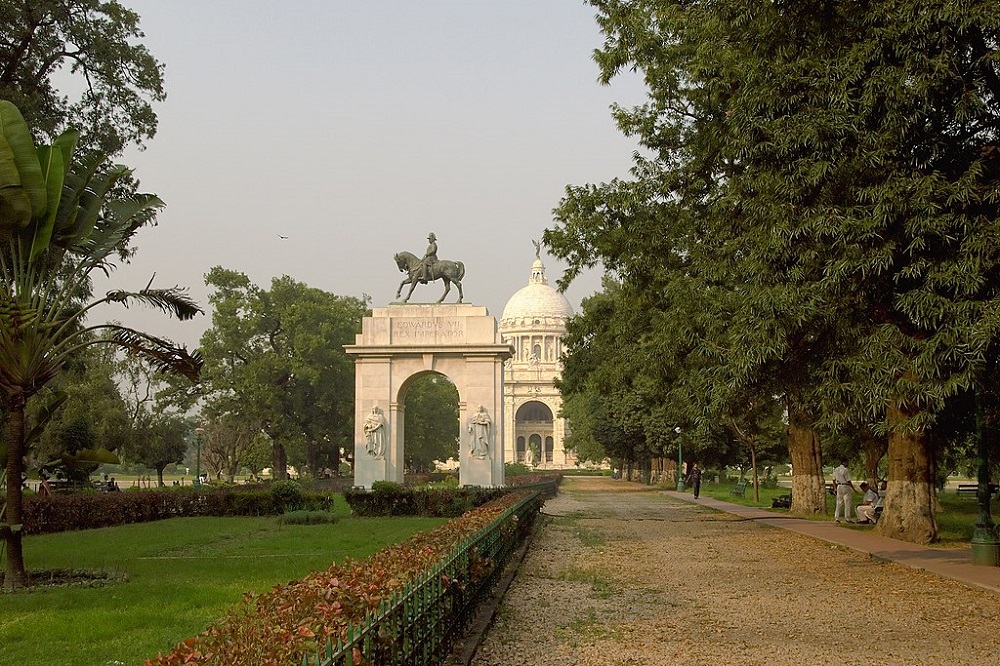The Indian Civil Service, Classical Studies and an Education in Empire
The years around 1900, when the British Empire was at its height, witnessed a flurry of publications comparing the British Empire to ancient Rome. These were not the vague and popular analogies of earlier decades, but rather detailed, scholarly comparisons written by figures at the epicentre of empire such as such as James Bryce, Charles Lucas and Evelyn Baring.[i] So what had changed? The prominence of Britain’s Indian dominion within these works provides a clue. In the decades following the Indian Rebellion of 1857 and the imposition of direct rule by the British, anxieties grew about the stability and longevity of the British Empire; this was compounded, of course, by the increasing threat from imperial rivals both within Europe and outside. Those concerned looked increasingly to the ancient past, and to the empires of Greece and Rome, for guidance, both in terms of what to try and what to avoid.
Significantly, this tendency went beyond the publication of particular books. It came to be embedded within the very examinations which prospective civil servants took, who would go on to represent the British power in India. A close reading of the Indian Civil Service (ICS) examination papers, following the raising of the age limit in 1892, which made the ICS entirely a graduate service, offers a unique perspective into the thinking of the Civil Service Commissioners who were responsible for appointing some of the most powerful officials in the British Empire.[ii] The choice of subjects set, the weighting of the marks, and particularly the examination questions can tell us a lot about what they were looking for in the future rulers of British India, what intellectual and moral training they considered best.

A focus on how classical analogies were used by the British to justify their rule over the Indian subcontinent can tell us something about how knowledge, more broadly, has been and continues to be marshalled to entrench unequal power relations. Classical knowledge played an important demarcating function which came eventually to be institutionalised within the specific context of the ICS examinations. In the period after 1892, the marks available for classical studies were consistently increased with a view to privileging further the upper-class British candidates who had studied Classics at Oxford and Cambridge, in the face of a growing challenge from Indian candidates wanting to enter the service.
These insights become especially relevant in light of contemporary debates about the role of academic subjects, in particular, history, in justifying and propagating notions of racial inequality in schools and universities amid widespread and growing calls to ‘decolonise the curriculum’. In the ICS examination papers, however, we see another, more specific use of classical analogy. We see Classics used as an intellectual lens or filter, an empirical tool with which to think about, contextualise, and ultimately address the particular challenges the British faced in trying to govern India and the wider empire. We see the strategic instrumentalisation of the substance of a traditional classical education, the ‘intellectual furniture’ of the British elite, in order to address the practical problems of empire.
[i] James Bryce, ‘The ancient Roman empire and the British empire in India’, in Studies in history and
jurisprudence (New York, NY, 1901); Evelyn Baring, first earl of Cromer, Ancient and modern imperialism
(London, 1910); and Sir Charles P. Lucas, Greater Rome and Greater Britain (Oxford, 1912).
[ii] full set of ICS Open Competition examination papers (OCEP), including the names of candidates, tables of marks, and associated statistical data from 1856 to 1948 can be found in the India
Office Records at the British Library (IOR V/7/178-250).






